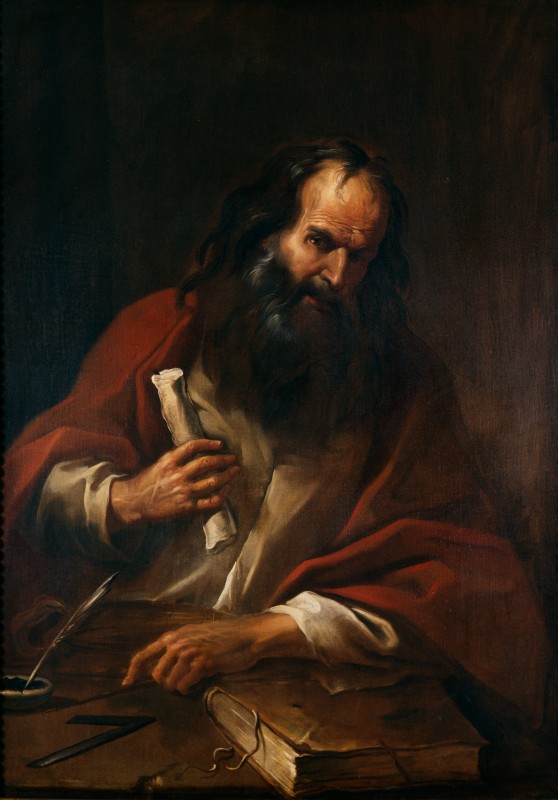“The laws of nature are but the mathematical thoughts of God.”
The earliest published source found on google books that attributes this to Euclid is A Mathematical Journey by Stanley Gudder (1994), p. xv http://books.google.com/books?id=UiOxd2-lfGsC&q=%22mathematical+thoughts%22+euclid#search_anchor. However, many earlier works attribute it to Johannes Kepler, the earliest located being in the piece "The Mathematics of Elementary Chemistry" by Principal J. McIntosh of Fowler Union High School in California, which appeared in School Science and Mathematics, Volume VII ( 1907 http://books.google.com/books?id=kAEUAAAAIAAJ&pg=PR3#v=onepage&q&f=false), p. 383 http://books.google.com/books?id=kAEUAAAAIAAJ&pg=PA383#v=onepage&q&f=false. Neither this nor any other source located gives a source in Kepler's writings, however, and in an earlier source, the 1888 Notes and Queries, Vol V., it is attributed on p. 165 http://books.google.com/books?id=0qYXAQAAMAAJ&pg=PA165#v=onepage&q&f=false to Plato. It could possibly be a paraphrase of either or both of the following to comments in Kepler's 1618 book Harmonices Mundi (The Harmony of the World)': "Geometry is one and eternal shining in the mind of God" and "Since geometry is co-eternal with the divine mind before the birth of things, God himself served as his own model in creating the world".
Misattributed
